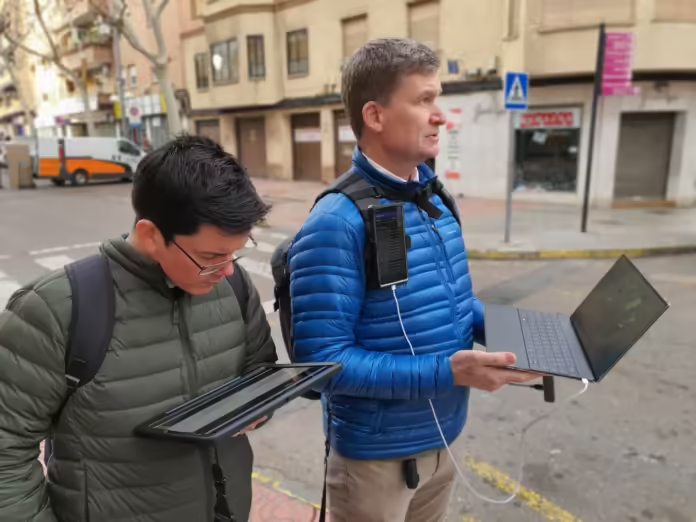Beyond cost reduction, Vodafone sees Open RAN as a vector for innovation; cites work with Cohere Technologies
After six years of collaborative work, Vodafone has moved from a proto-Open RAN demo running on a laptop in the company’s stand at Mobile World Congress in Barcelona to large scale deployment of disaggregated radio access network (RAN) systems throughout its footprint. And there’s more coming as its radio tender progresses; that RAN modernization program covers 170,000 radio sites in Europe and Africa comes with a goal of replacing 30% with Open RAN.
Paco Martin, head of Open RAN at Vodafone, joined the recent Open RAN Global Forum—available on-demand here—to discuss lessons learned and what’s next for the multinational operator.
Reflecting on the work already done, Martin called out the fundamental change in how Vodaofne interacts with its vendors. “I think now we are able to…define the destiny of our radio…because we really know the details. That has changed forever. We really know what we buy end-to-end. We are in control. We can drive things to suit our needs. That’s been a key improvement for us as a company. I don’t think we’ll ever go back.”
He sees this change for Vodafone reflected in the wider telecoms industry given the ecosystem-led approach to Open RAN that has (arguably given traction around “single-vendor Open RAN”) been predominant. “I think there has been a clear change in the industry,” Martin said, noting that smaller specialists, the largest incumbent vendors and even hyperscalers have gotten involved.
“Going forward, we need more of this, more deployments so suppliers get money for R&D and things continue to flow. And we also need to see some innovations being successful. Open RAN is not just about delivering something cheaper. It’s also about enabling a significant step change in the industry in terms of innovation.”
To the innovation point, Martin called out Vodafone’s work with Cohere Technologies which has built Universal Spectrum Multiplier (USM) software. Vodafone in February tested Cohere’s USM product on a multi-vendor Open RAN network near Madrid; “engineers from both companies registered improvements in performance using unmodified devices working on existing network antennas and hardware,” according to a press note from Vodafone. “When we get step changes like that is when you prove that Open RAN was the right thing to do,” Martin said.


